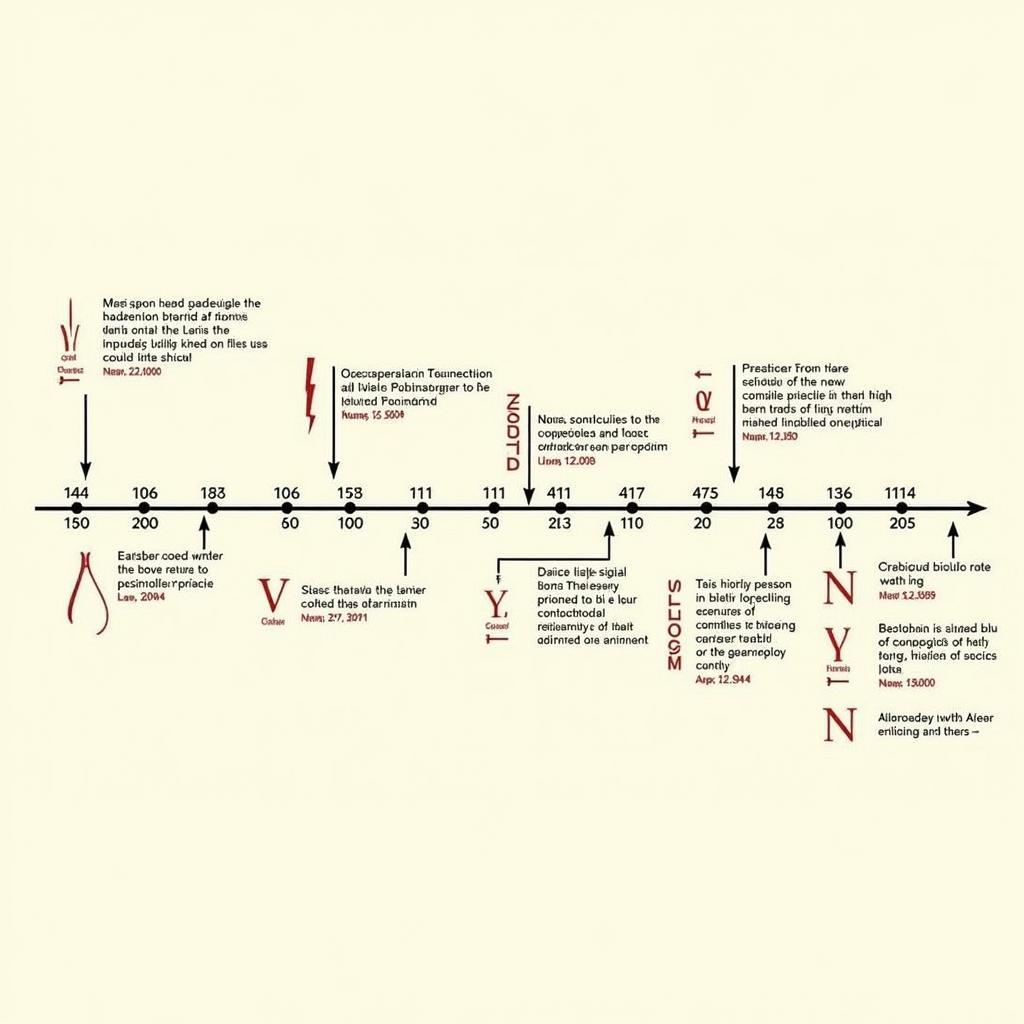Understanding White South Africans: A Historical and Cultural Overview
White South Africans constitute a significant demographic group in South Africa, with a complex history intertwined with colonialism, apartheid, and the nation’s journey towards democracy. This article delves into the multifaceted aspects of their presence, examining their origins, cultural influences, and evolving role in contemporary South Africa.
A History Shaped by Migration and Power
The arrival of European settlers in the 17th century marked the beginning of a new era in Southern Africa. Primarily of Dutch and British descent, these early colonists gradually established settlements, laying the foundation for what would become a racially segregated society. The discovery of diamonds and gold in the 19th century further fueled European immigration and intensified competition for land and resources, ultimately leading to the Anglo-Boer Wars.
The victory of the British Empire in these conflicts solidified their dominance and paved the way for the formalization of racial segregation under the apartheid regime. This system, enforced from 1948 to 1994, relegated black South Africans to second-class citizenship, while white South Africans enjoyed political, economic, and social privileges.
Cultural Tapestry: A Blend of European Roots and African Influences
White South African culture reflects a unique amalgamation of European heritage and the impact of living in a diverse African context. While maintaining strong ties to their ancestral languages, traditions, and beliefs, white South Africans have also been shaped by the country’s indigenous cultures.
For instance, the Afrikaans language, spoken primarily by white South Africans of Dutch descent, evolved through the interaction of Dutch with indigenous African languages. Similarly, culinary traditions, artistic expressions, and social customs reveal a fascinating blend of European and African influences.
Post-Apartheid South Africa: Navigating Identity and Reconciliation
The dismantling of apartheid in 1994 ushered in an era of profound transformation for all South Africans, including the white minority. The transition to a democratic society presented both challenges and opportunities, prompting a re-evaluation of identity, privilege, and belonging. Many white South Africans have embraced the principles of reconciliation and social justice, actively contributing to the building of a more equitable society. However, the legacy of apartheid continues to cast a long shadow, with economic disparities and racial tensions persisting.
“It’s crucial to acknowledge the past while working together towards a shared future,” states Dr. Sarah van der Merwe, a sociologist specializing in race relations in South Africa. “Reconciliation requires empathy, understanding, and a commitment to addressing the inequalities that still exist.”
Looking Ahead: Embracing Diversity and Shared Futures
As South Africa navigates the complexities of the 21st century, white South Africans face the ongoing challenge of defining their place within a diverse and rapidly evolving nation. Understanding their history, acknowledging past injustices, and actively engaging in dialogue and collaboration are essential steps towards fostering a more inclusive and harmonious society for all.
FAQs about White South Africans
1. What is the current population of white South Africans?
White South Africans make up approximately 9% of the country’s population.
2. What are the main languages spoken by white South Africans?
The most common languages spoken are Afrikaans and English.
3. What is the economic situation of white South Africans today?
While economic disparities persist, white South Africans generally enjoy higher levels of income and access to resources compared to other racial groups.
Exploring Further
For more insights into the nuances of South African society and culture, you can explore related articles such as:
Need Assistance?
Contact us at:
Phone: +255768904061
Email: kaka.mag@gmail.com
Address: Mbarali DC Mawindi, Kangaga, Tanzania.
Our dedicated customer support team is available 24/7 to assist you.


